Since 1804, the planet’s population has increased from just one billion to eight billion. Many experts are already highly concerned about the current overpopulation, but some say it’s going to get a whole lot worse.
Medical advancements and technological growth have allowed people to live longer and longer, but now, some say we are living too long. Extending human lifespans even further, as some want to do, could prove catastrophic for both the planet and its inhabitants.
The Human Obsession With Immortality

Biologists will tell you it’s a survival mechanism, while psychologists will say it’s based on fear of the unknown, but no matter what the reason, the truth is that the vast majority of people don’t want to die.
In fact, humans have spent centuries or even millennia trying to find ways to prolong their lives. And thanks to modern medicine and advancing technology, humans have finally been able to do precisely that.
People Are Living Longer Than Ever
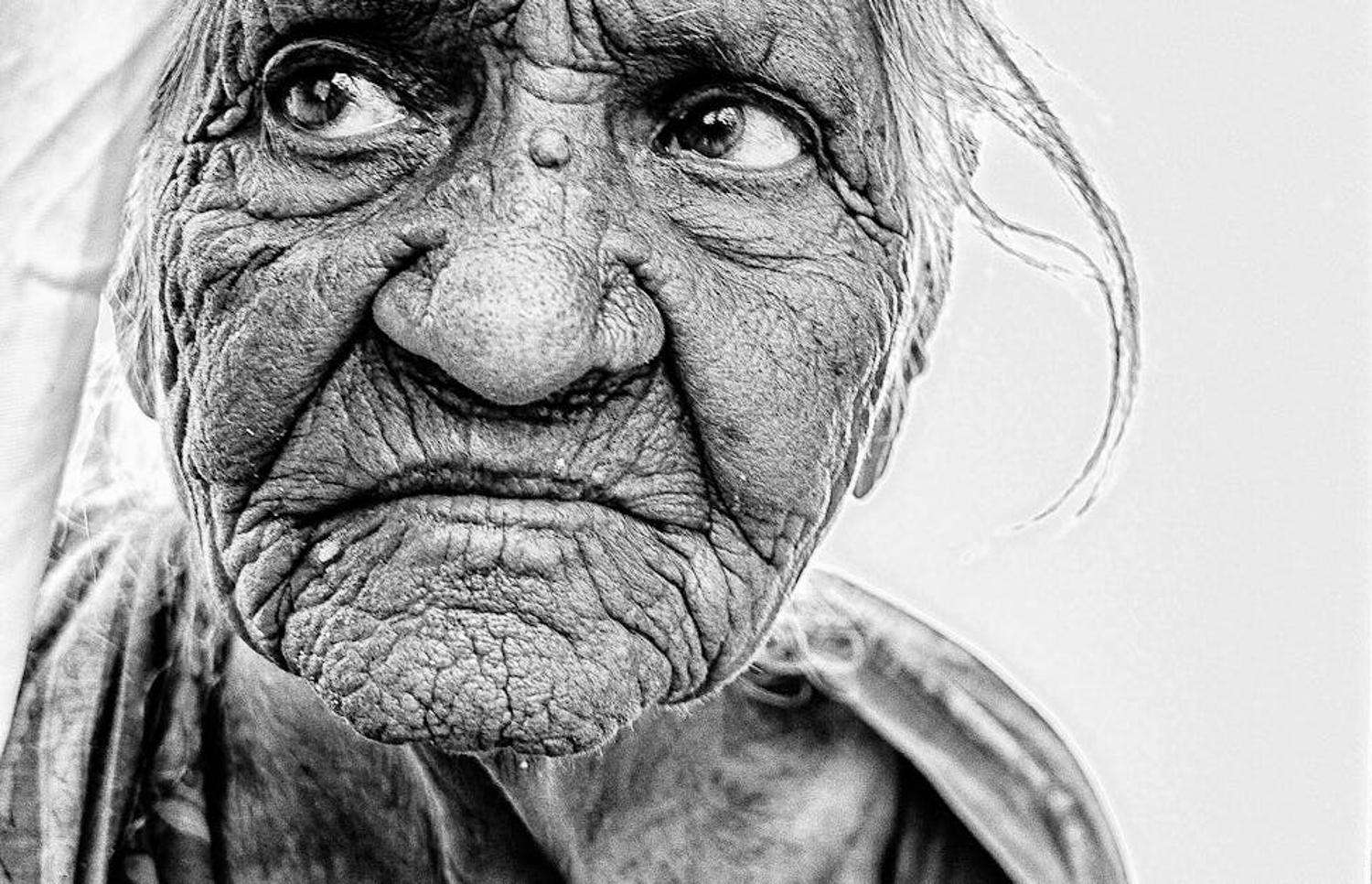
The average life expectancy of a human has increased exponentially since the first Homo sapiens walked the Earth. In the Paleolithic era, some 2.5 million years ago, people only lived to be 33 years old, but then, life expectancy actually decreased for millions of years.
Almost unbelievably, the average life expectancy was somewhere between 20 and 40 until the early 19th century. In fact, it wasn’t until 1960 that it surpassed 50. But now, in 2024, the average life expectancy is 73.33 years old.
The Number of Centenarians Has Increased Significantly
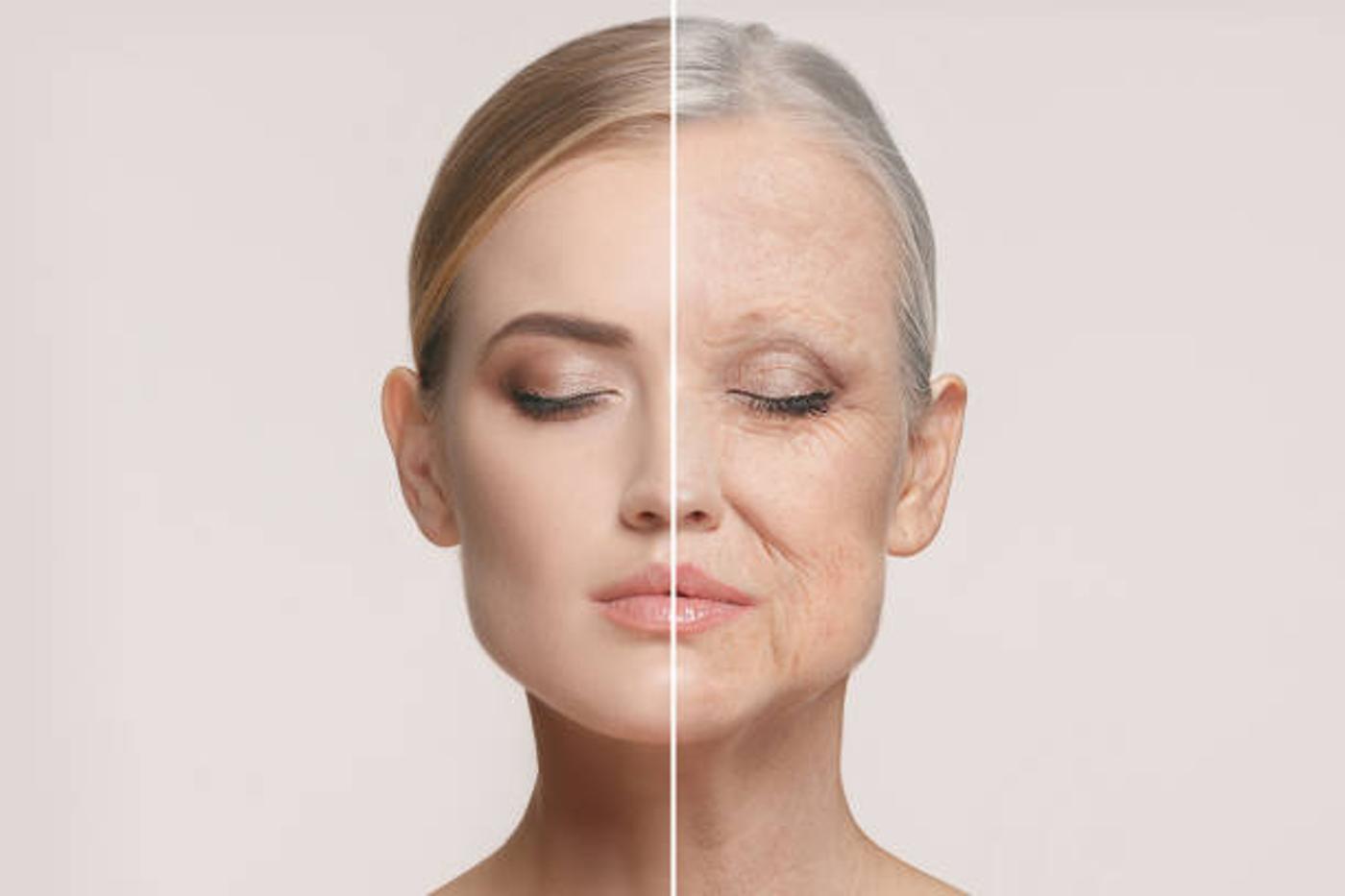
The number of centenarians, people who live to be 100 years old, has doubled every decade since the 1950s. In fact, as of 2024, there are more than 722,000 centenarians on Earth.
Research has shown that people who live to be 100 years old are generally much healthier than those who don’t, but they’re also happier, more connected with families and communities.
Experts Believe This Number Will Quadruple by 2050

However, what’s especially interesting is that experts believe that the number of centenarians on Earth will most likely quadruple by 2054.
And this estimation isn’t based on the ever-evolving technology that is being created to prolong human life. If technology does advance and allows for people to live even longer, this number could be significantly higher.
Why Are People Living So Long?

There are almost too many reasons to count that would explain why humans are living so much longer than ever before.
Of course, modern medicine, including vaccines, antibiotics, and all other preventative and remedial medicines, play a huge role. As does technology, such as pacemakers, gene therapy, and testing, and even education surrounding our physical and mental health.
Anti-Aging Therapies Are Already in Development
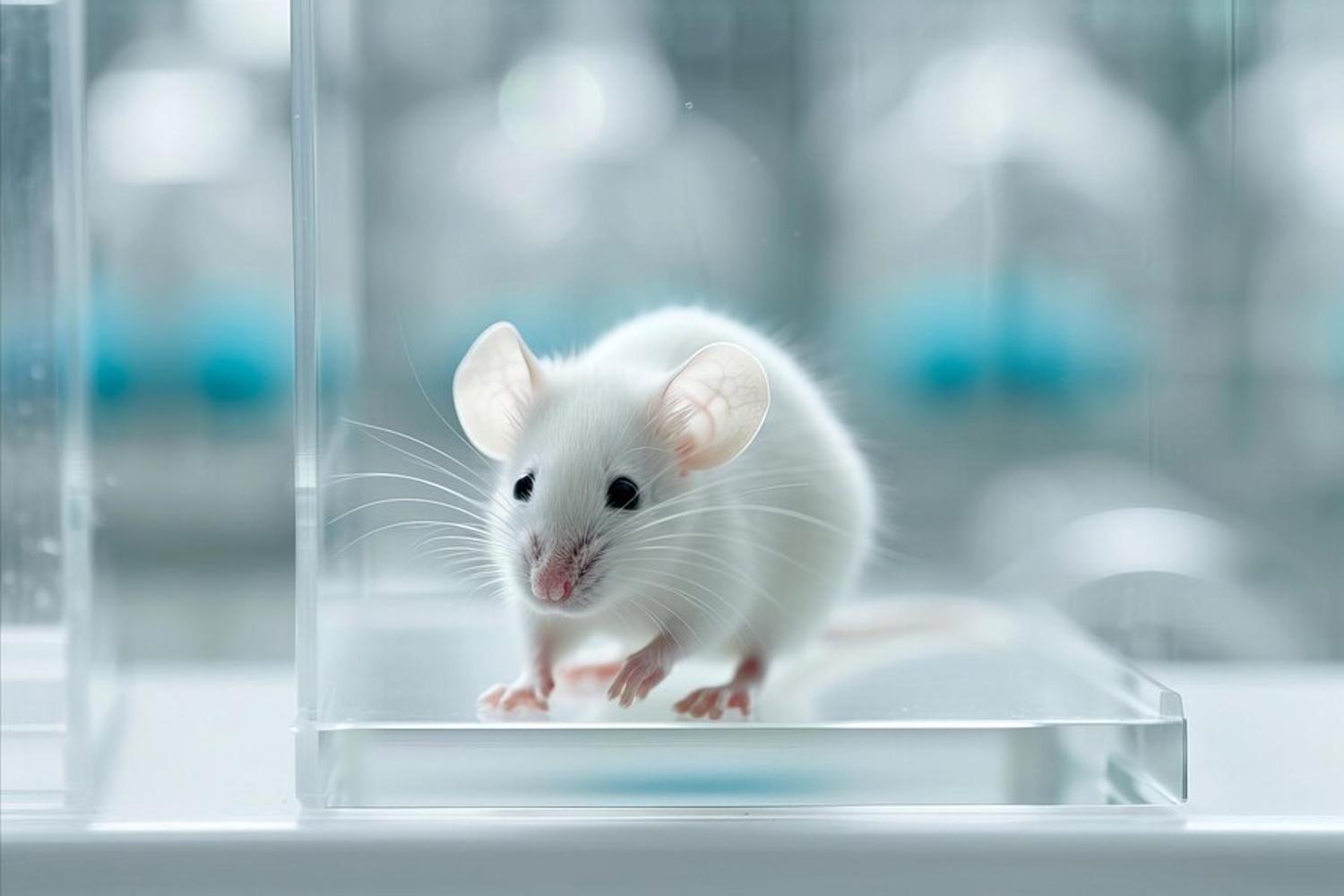
At this point in time, people are naturally living longer by treating their bodies right and utilizing modern medicine. However, several companies are already working on anti-aging therapies that will extend human life even further.
The founder of Amazon, Jeff Bezos has invested in a company called Altos Labs that is working on cell reprogramming technology that could literally reverse the aging process. And he is not alone; there are more than a dozen biotech companies doing the same.
More Humans Means More Resources
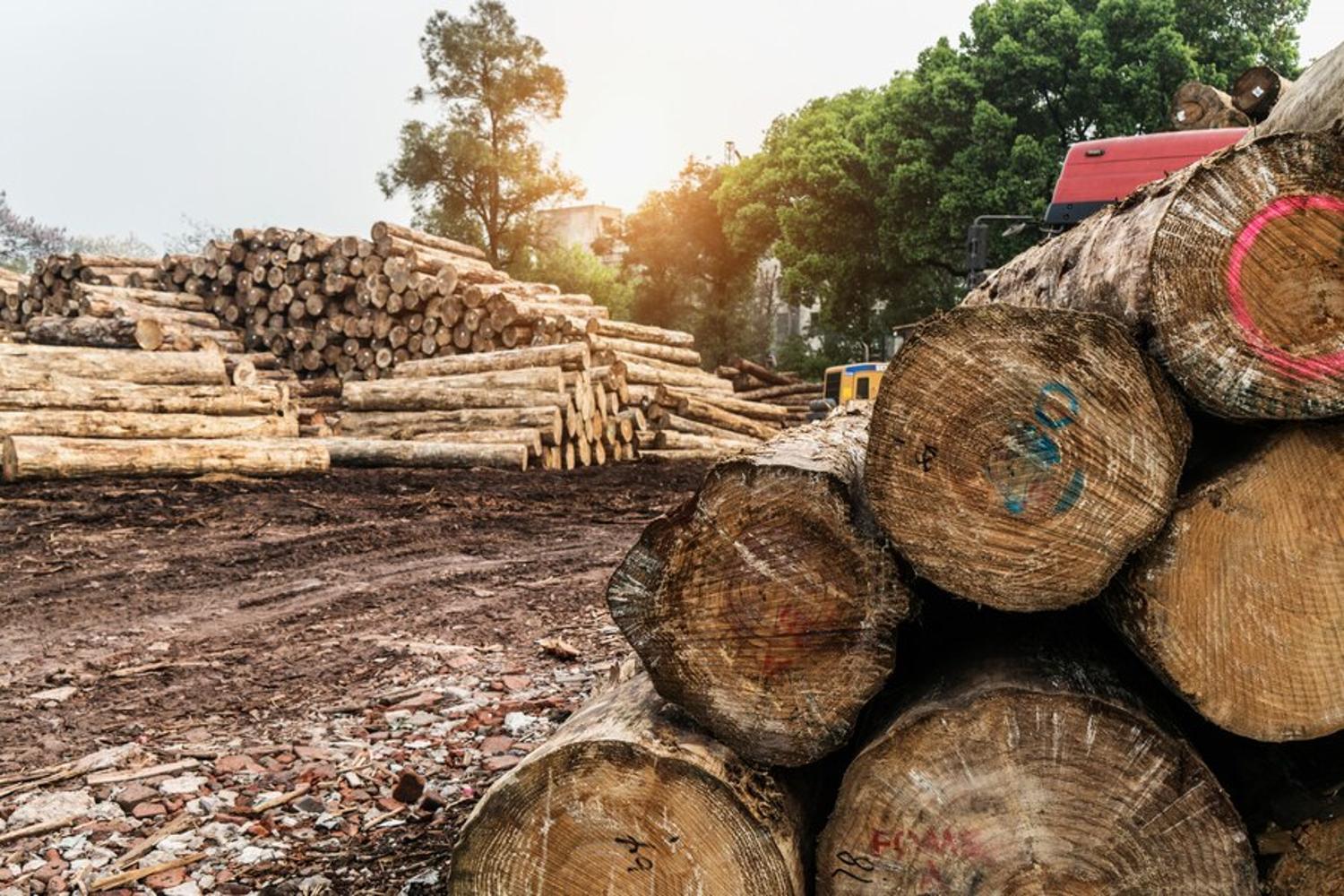
There are several concerns with the new anti-aging technology. First and foremost, if people can live well into their 90s and past 100, the world’s population will grow exponentially.
This intense population increase means more humans need more resources, including housing, energy, cars, minerals, and food. All of which are already in short supply.
Climate Change Will Only Worsen as the Population Grows
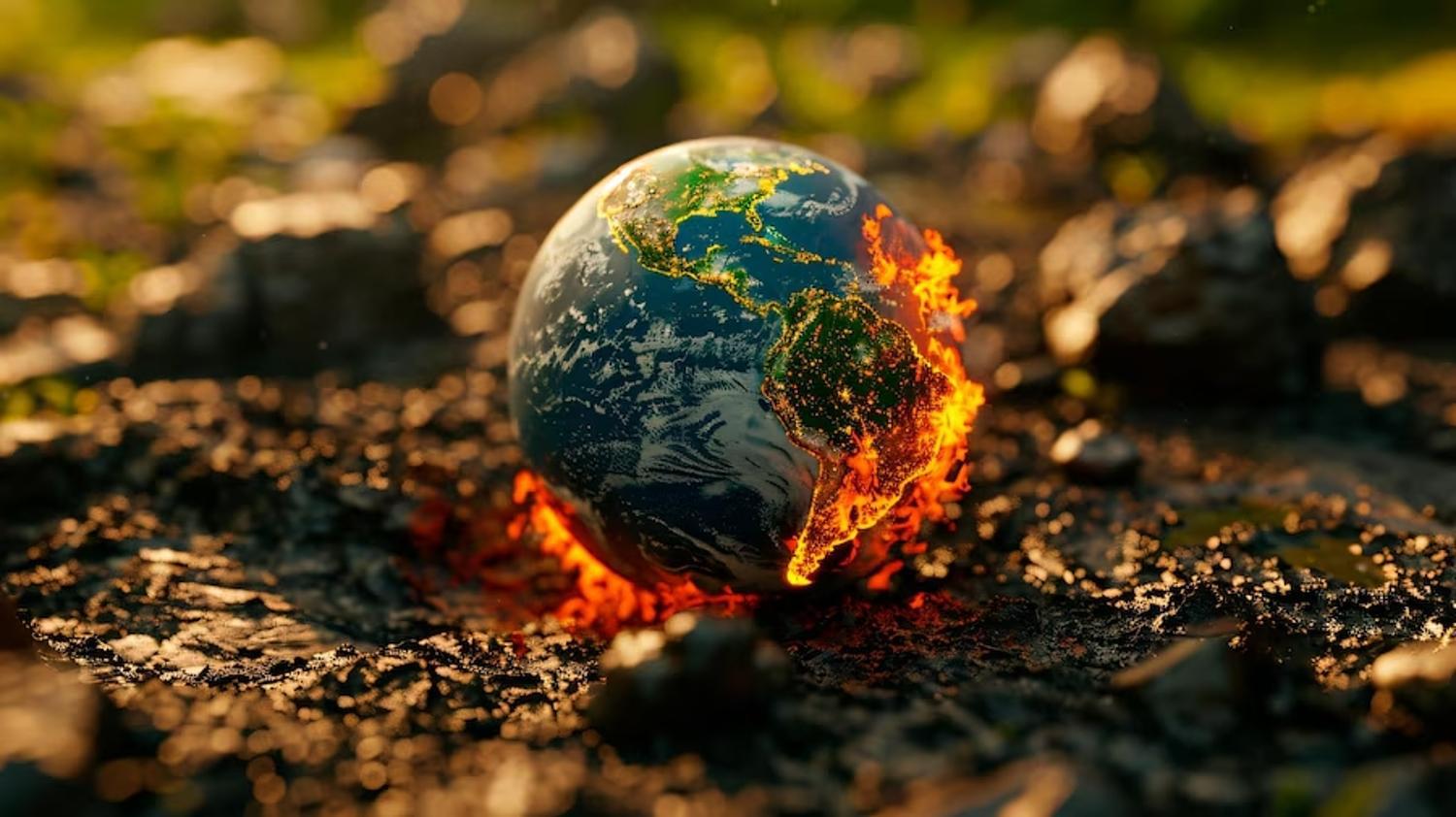
As we all know, climate change is already a real problem. But if the population grows, the situation will only get worse.
The more deforestation, industrial farming and fishing, energy use, and construction people need, the worse our planet will fare.
How Will Extending Human Life Affect Humans?
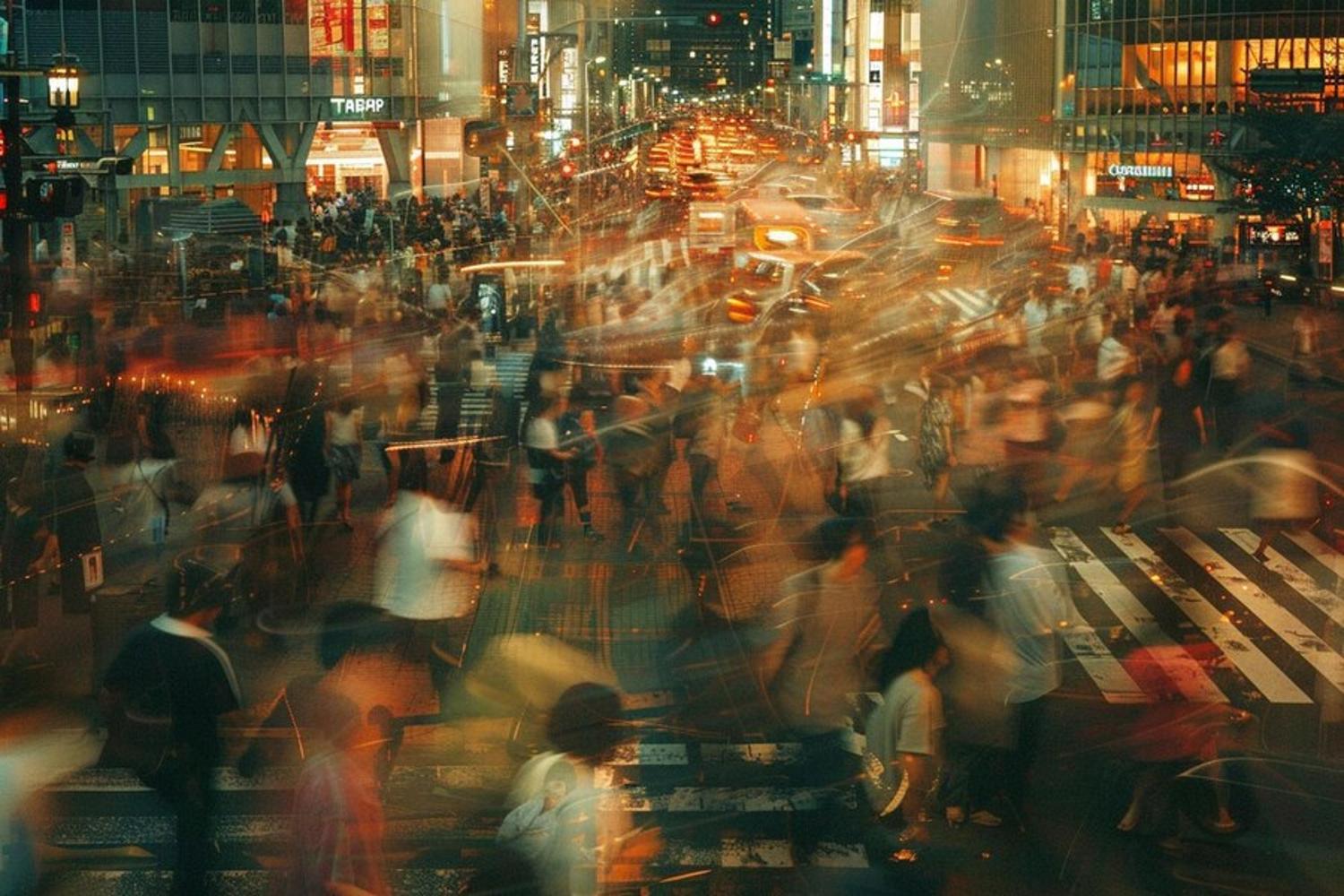
It’s important to note that while extending human life will certainly affect the planet, it will also negatively impact the entire human race. People will have to work later and later to have enough money to live their later years.
That will mean fewer jobs for the younger generations, a shortage of doctors, food scarcity, water scarcity, and a serious lack of housing.
The Subsequent Generations Will Suffer

Sadly, it’s the younger generations who will suffer if human life can be extended. Our children and grandchildren will be living with the extreme impacts of climate change, without sufficient housing, extremely expensive groceries, and a substantial lack of employment opportunities.
Whether you look at extended life expectancy as an environmental, economical, or ethical issue, there are problems in every category.
The World Could Look Drastically Different in the Near Future
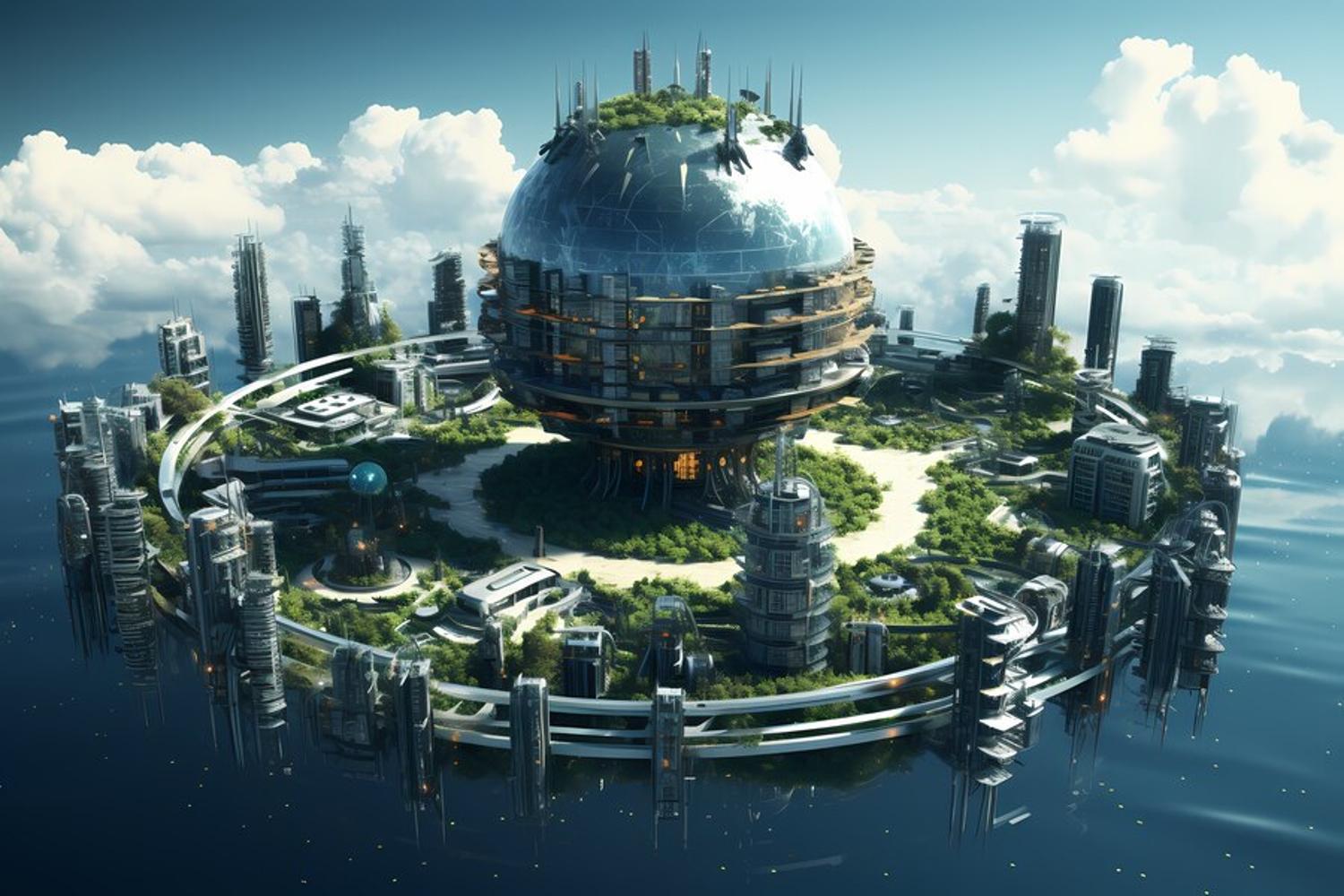
Some say that the world will look much different in just one or two generations than it does now. Over the years, books and movies have shown just how strange a futuristic world could look, but with the way things are going, these imaginary sci-fi worlds could actually become the new normal.
It’s human nature to want to live forever and avoid death, but making that dream come true may be the worst possible thing humans could do for the planet and for the species.








































